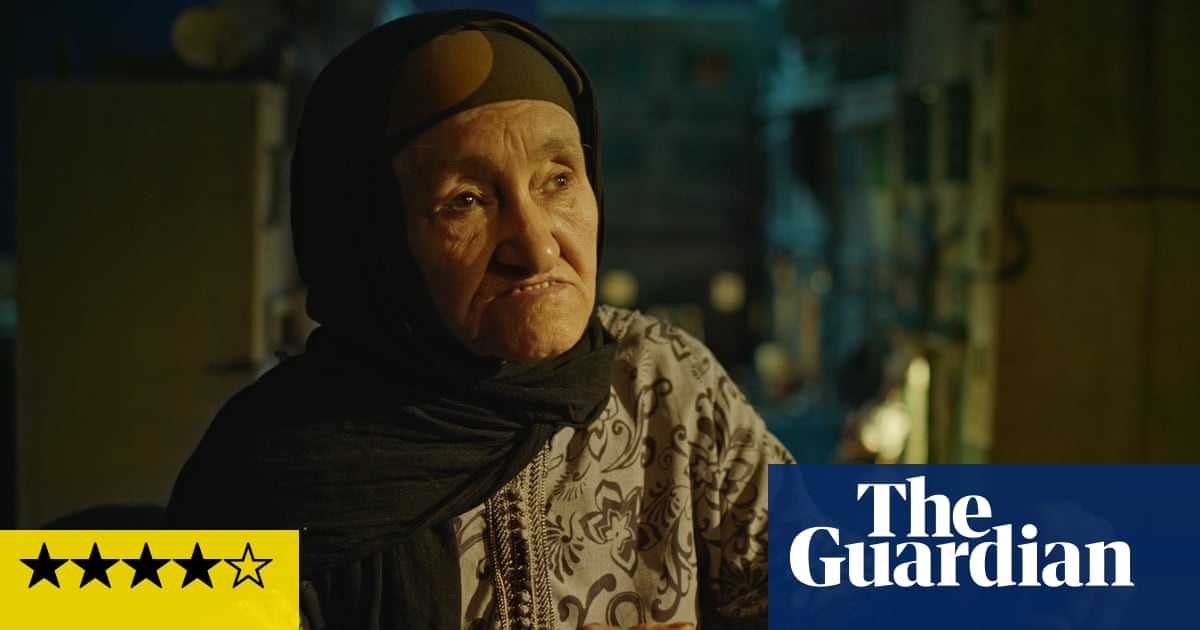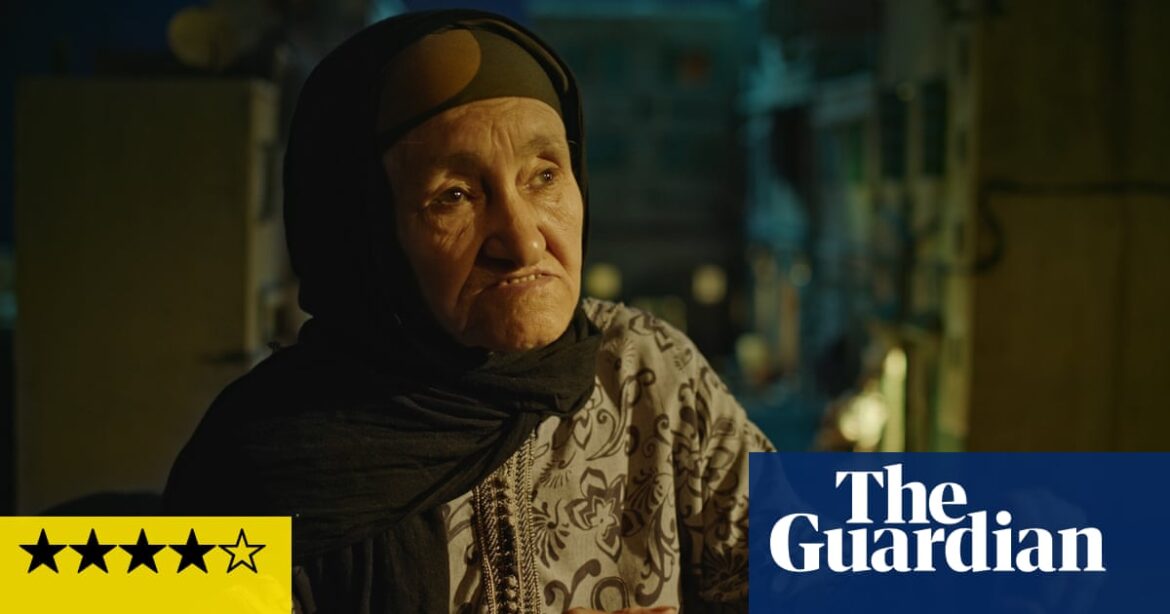
Between those who refuse to remember and those who struggle to forget, a tumultuous clash of minds occupies the centre of Asmae El Moudir’s inventive documentary, a prize-winner at last year’s Cannes film festival. Through a constellation of clay figurines and dollhouse-style miniature sets, most of which were constructed by El Moudir’s father, the director recreates her oppressive childhood in the Sebata district of Casablanca. Under the watchful eyes of her domineering grandmother Zahra, all personal photos are banished from the house, save for a picture of King Hassan II.
The delicate mix of handmade replicas and oral testimony brilliantly evokes the personal and collective trauma that stem from Morocco’s “Years of Lead” – a period of state brutality under Hassan II’s dictatorial rule. Lingering on the nimble fingers of El Moudir’s father as he puts the finishing touches to his models, the film captures how every alleyway and every household in the neighbourhood were affected by the tragedies of this tumultuous era.
One particularly harrowing event was the 1981 bread riots, where hundreds of protesters against the high cost of living were killed by the police; little photographic evidence of the mass execution survives. While replaying the ordeal of that fateful night, one of El Moudir’s neighbours collapses into tears, as if the figurines in his hands have come to life; Zahra, on the other hand, is unmoved. At the same time, her steeliness in discarding all photographic remnants of the past arises from a genuine, if authoritarian, desire to protect her loved ones. In choosing to delve into the liminal space between history and recreation, El Moudir’s film radically prioritises friction over easy reconciliation, making space for secrets and lies in pursuit of the truth.
Source: theguardian.com



